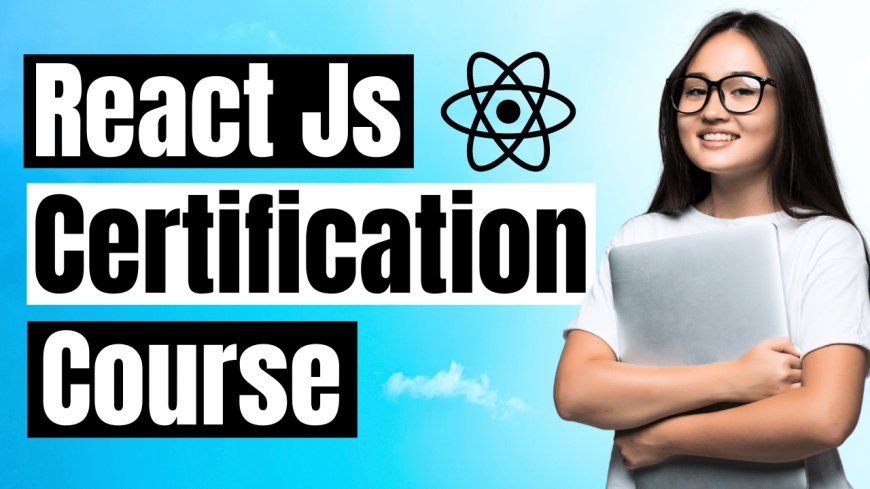Essential Guide on How to Prepare for a React Interview

How to Prepare for a React Interview
Preparing for a React interview requires a blend of technical knowledge, practical skills, and a strategic approach. This comprehensive guide will walk you through the steps necessary to excel in your upcoming React interview, covering everything from understanding React concepts to tackling common interview questions.
Understanding the Basics of React
Before diving into complex topics, it's crucial to have a solid grasp of the basics of React. Familiarize yourself with the core principles such as components, state, and props. Make sure you can explain the difference between class components and functional components, as well as when to use each.
Key Concepts to Master
-
JSX: Understand how JSX is used to describe the UI that should appear on the webpage.
-
Components: Learn the difference between stateful and stateless components and when to use each.
-
State Management: Be comfortable with concepts like lifting state up and using state management libraries like Redux or Context API.
-
Lifecycle Methods: Know how and when different lifecycle methods are used in class components.
-
Hooks: Get familiar with hooks like useState, useEffect, and useRef, and understand how they can be used to add state and lifecycle features to functional components.
Advanced React Topics
Once you have a strong foundation, it's time to move on to more advanced topics that are commonly discussed in React interviews.
Performance Optimization
Learn techniques for optimizing React applications, such as memoization with React.memo, code splitting using React.lazy and Suspense, and the correct use of keys in lists to prevent unnecessary re-renders.
Routing and State Management
Understand how to handle routing in React apps using libraries like React Router. Also, delve into state management solutions beyond React's built-in Context API, exploring options like Redux or MobX.
Preparing React Project Examples
Interviewers often ask candidates to discuss their previous projects. Be prepared to talk about specific React projects you have worked on, emphasizing the challenges you faced and how you solved them.
Project Showcase Guidelines
-
Problem Solving: Detail the problems you encountered and how you implemented solutions using React.
-
Best Practices: Demonstrate your use of best practices in code structure and component design.
-
Testing: Discuss how you tested your React applications, including the use of tools like Jest and Enzyme.
React Interview Questions
Being well-prepared with theoretical knowledge and practical experience is crucial, but practicing specific react interview questions can give you a critical edge.
Common Questions to Practice
-
Explain virtual DOM and its benefits.
-
How do you handle events in React?
-
What are higher-order components?
-
Can you describe the lifecycle of a React component?
-
How do you ensure your React application is secure?
Behavioral Questions
React interviews often include behavioral questions aimed at understanding how you work within a team and handle project challenges. Prepare examples that highlight your communication skills, teamwork, and problem-solving capabilities.
Mock Interviews and Practical Exercises
Practice makes perfect. Engage in mock interviews with peers or mentors to refine your ability to discuss your React knowledge and experience coherently and confidently.
Using Mock Interviews Effectively
-
Feedback: After each mock interview, gather feedback to improve your answers and presentation skills.
-
Realism: Try to simulate a real interview environment, including time constraints and interview panel.
Practical Coding Exercises
-
Build Components: Create small React components to demonstrate your understanding of state management, props, and component lifecycles.
-
Contribute to Open Source: Enhance your resume and experience by contributing to open source React projects.
Day Before the Interview
Prepare yourself mentally and physically as the interview day approaches. Ensure you have a good night's sleep, gather all necessary documents, and plan your route or setup for the interview.
Mental Preparation
-
Review: Go over your notes and key React concepts one last time.
-
Relaxation Techniques: Use techniques like deep breathing or meditation to reduce anxiety.
On the Day of the Interview
On the day of your interview, be punctual, dress appropriately, and remember to bring copies of your resume, a notebook, and a pen. Be polite, professional, and ready to discuss everything you have prepared.
Post-Interview Reflection
After the interview, take time to reflect on what went well and what could be improved. Note down questions that were asked and how you responded to prepare even more effectively for future opportunities.
In summary, preparing for a React interview is about mastering the fundamentals and advanced concepts, practicing through mock interviews, and refining your ability to articulate your skills and experiences. With thorough preparation, you can approach your React interview with confidence and stand out as a knowledgeable candidate in the competitive tech landscape.
